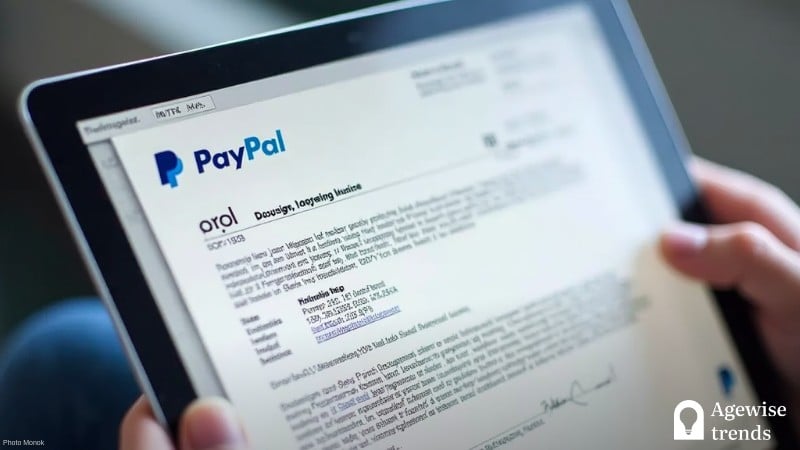Phone scams targeting senior citizens and other vulnerable individuals are increasing, with scammers using advanced tactics to steal money. The U.S. Marshals Service (USMS) and the Federal Bureau of Investigation (FBI) have issued warnings about fraudsters impersonating government officials, law enforcement officers, and court officials to pressure victims into making immediate payments.
Caller ID spoofing is often used to make phone numbers appear as if they’re from official government agencies, tricking victims into withdrawing cash, using Bitcoin ATMs, or purchasing gift cards to settle fake legal issues. Authorities advise the public to verify calls and report any suspicious activity.
Key Takeaways
Phone scams targeting seniors are on the rise with sophisticated tactics used by scammers to steal money.
- Scammers often impersonate government officials and use caller ID spoofing to trick victims into making immediate payments or providing personal information.
- Seniors are particularly vulnerable due to limited awareness of online fraud and their reliance on smartphones, which scammers exploit for trust and urgency.
- Authorities advise verifying calls independently through official channels and reporting any suspicious activity.
How scammers operate
Scammers use various tactics to appear legitimate. They may impersonate U.S. marshals or court officers, claiming the victim missed jury duty or is under investigation for identity theft, providing fake details like badge numbers and courthouse addresses.
In a more complex scheme, fraudsters pose as Customs and Border Protection (CBP) officials, telling victims illegal packages in their name are under investigation, along with claims of money laundering.
They then push an “Alternate Dispute Resolution” (ADR) process, urging victims to withdraw assets and deposit them into a Bitcoin wallet, assuring that the money will be returned once their identity is cleared. In some cases, scammers request personal information like driver’s licenses.
Why seniors are more vulnerable
Older adults are vulnerable to scams due to limited awareness of online fraud and their reliance on smartphones. Scammers exploit their trust by creating urgency, making them feel they must act quickly.
Caller ID spoofing complicates matters, as fraudsters mimic government agencies, making it hard for victims to tell real calls from fake ones. Some even use actual government employee names and courthouse addresses to appear credible.
Red flags to watch for
Authorities emphasize that legitimate government agencies will never demand immediate payments over the phone or request payments through methods like Bitcoin, gift cards, or wire transfers. They also warn that no government agency will threaten arrest or legal action without prior official documentation. Additionally, it is important to note that government officials will never ask for sensitive personal information, such as Social Security numbers or banking details, over the phone.
If you receive a suspicious call, it is crucial not to engage with the caller. Instead, hang up and take the time to independently verify the caller’s claims by contacting the agency they claim to represent through official channels.
Steps to protect yourself from scams
Understanding how to recognize and respond to these scams can prevent financial loss and identity theft.
Verify before acting: If you get a suspicious call, confirm its authenticity by reaching out to the agency through their official website or contact number. Don’t trust the caller’s number, as scammers often spoof caller IDs. Avoid engaging with callers demanding urgent payments or claiming legal action, as these are common scam tactics to pressure you.
Strengthen online and phone security: Enable two-factor authentication for added security on your financial accounts, and update your passwords regularly. Avoid sharing personal information via phone or email, as scammers often use these methods to steal data.
Be cautious of emails or texts from unknown sources requesting sensitive information—they could be phishing attempts. Consider joining online communities focused on fraud awareness to stay informed, share experiences, and spot potential scams.
Report suspicious activity: Reporting scams, even without financial loss, helps law enforcement track fraud patterns and prevent future victims. If you encounter a scam, report it to your local FBI office and file a complaint with the FTC to aid in fraud detection and prevention. Notify your bank immediately if you suspect your financial information has been compromised to prevent unauthorized transactions and protect your accounts.
Public awareness and prevention efforts
Raising awareness about phone scams is key to protecting vulnerable individuals, especially seniors. Community groups and law enforcement are focusing on fraud prevention education.
Staying informed, questioning suspicious calls, and verifying information can help prevent financial scams. While scammers evolve their methods, awareness and caution are still the best defenses. For more scam prevention resources, visit the U.S. Marshals Service, FBI, or the Federal Trade Commission websites.















